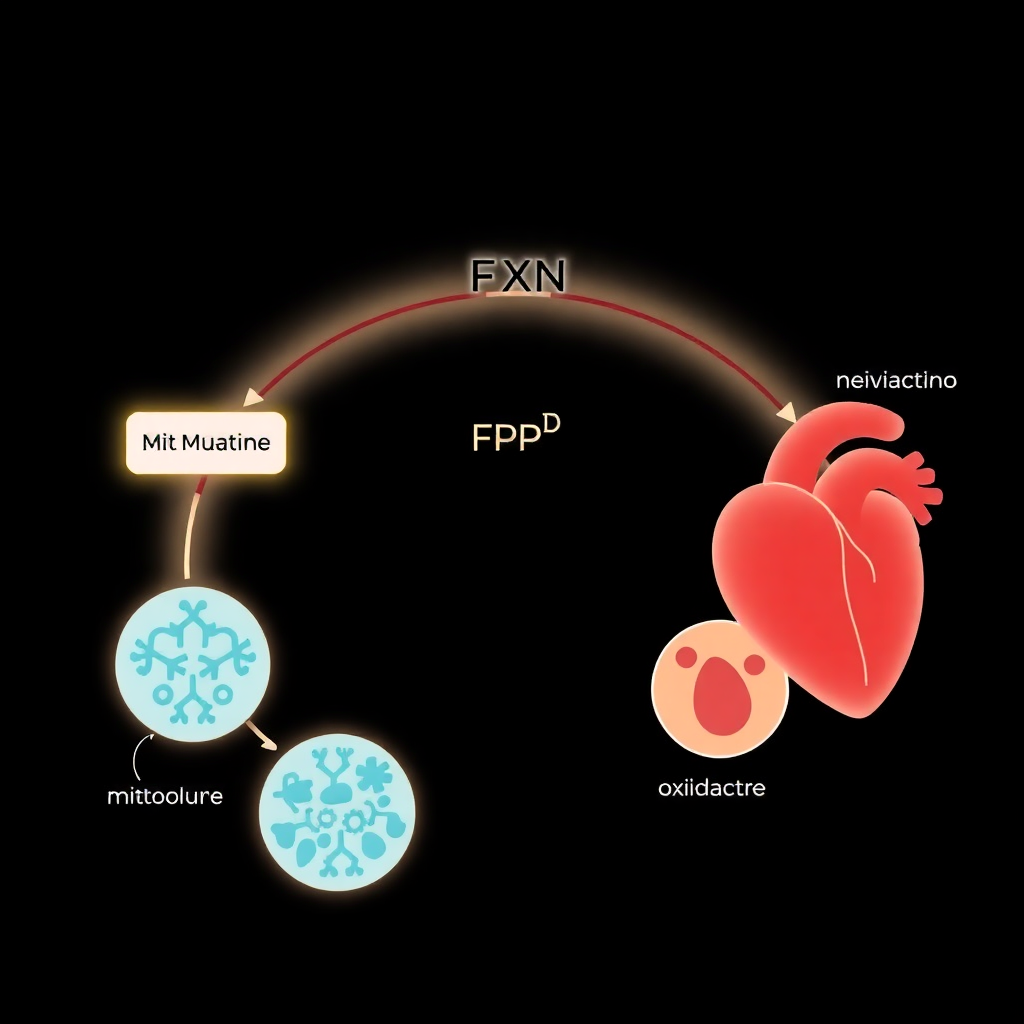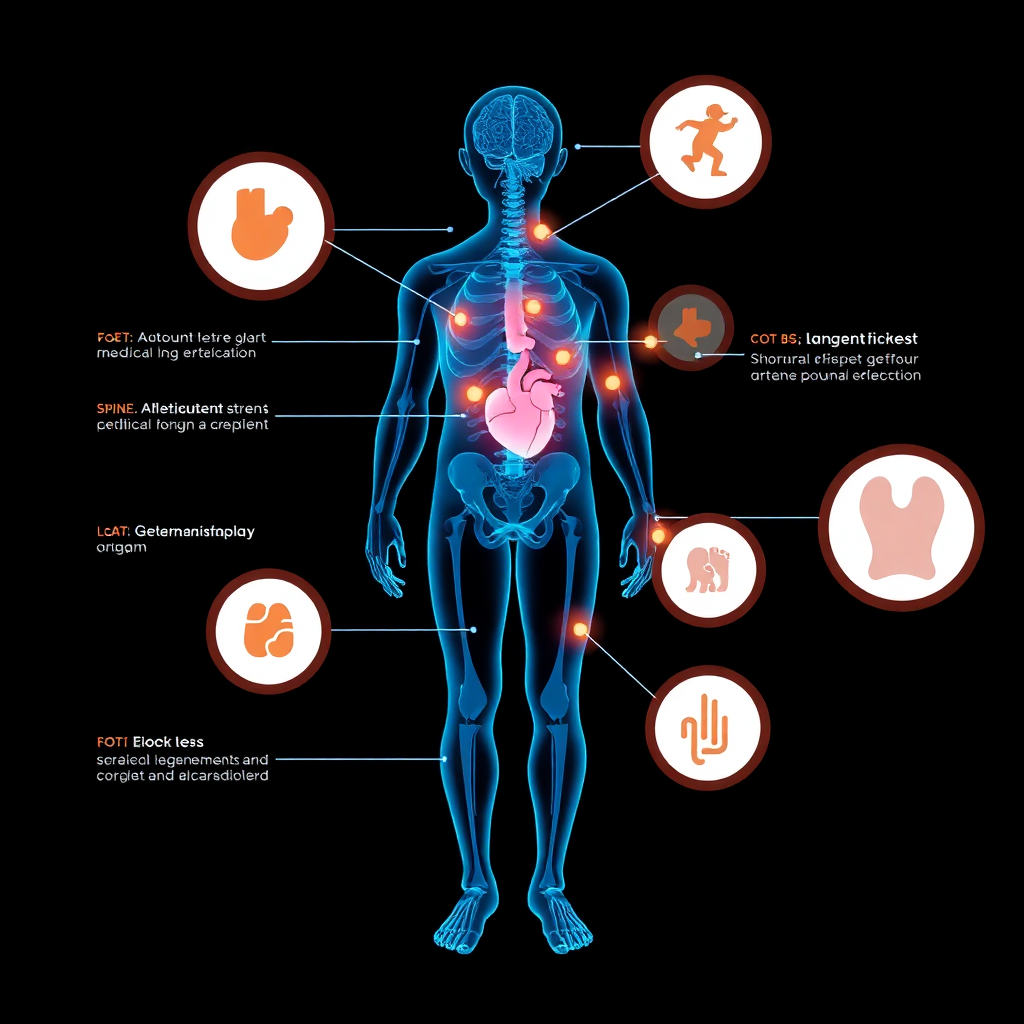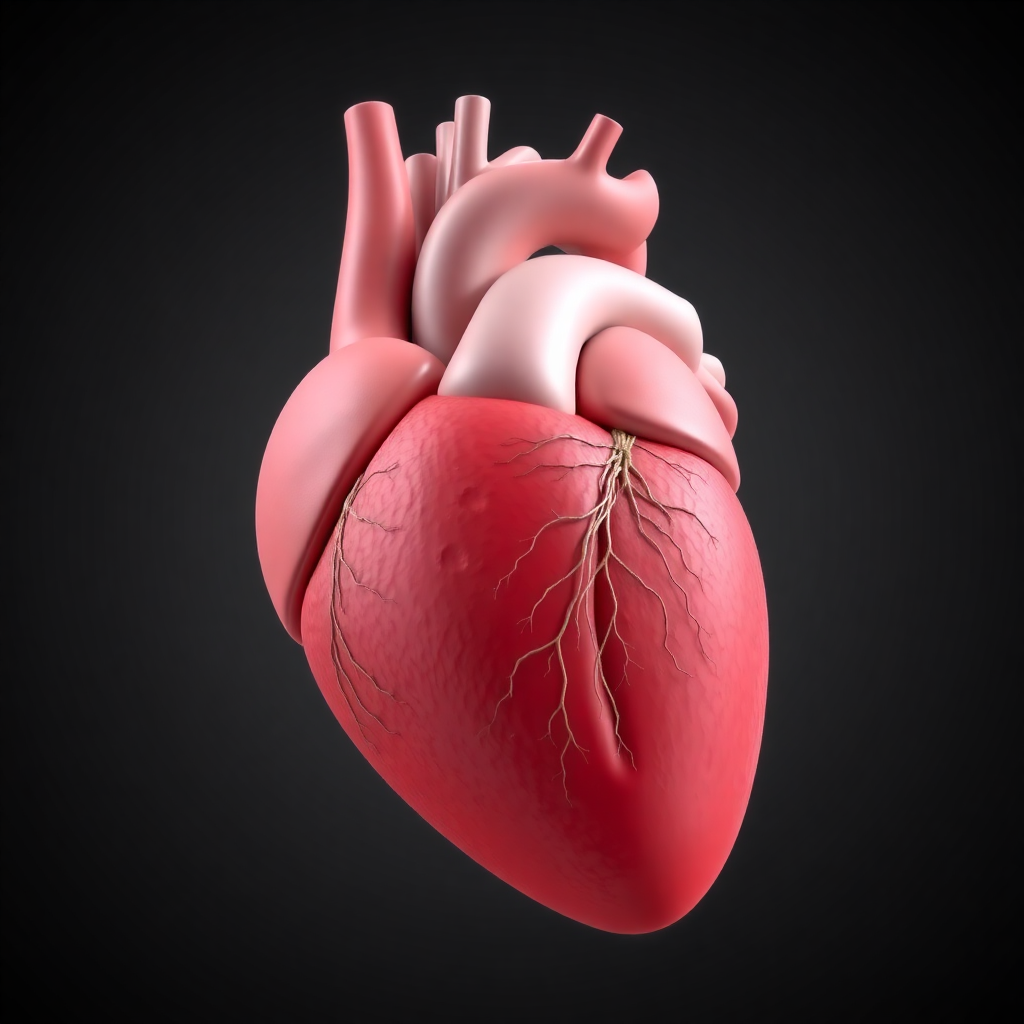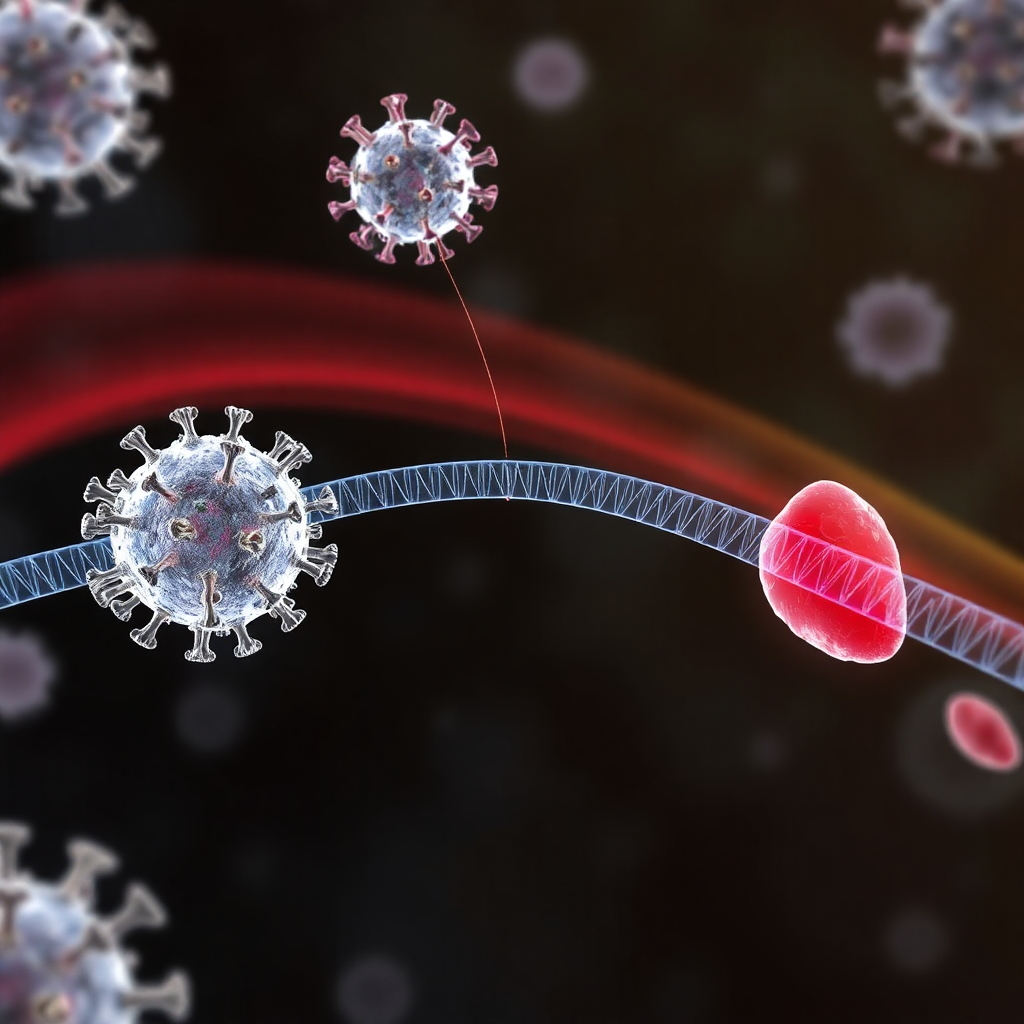Friedreich’s Ataxia
Targeting frataxin deficiency to protect the brain, spinal cord, and heart
Understanding Friedreich's Ataxia
Friedreich’s Ataxia is a rare, inherited neurodegenerative disorder caused by mutations in the FXN gene, which reduce production of frataxin – a protein essential for mitochondrial function.
- Autosomal recessive condition with GAA triplet repeat expansions
- Affects both neurological and cardiac systems
- Affects approximately 1 in 40,000 people worldwide

Symptoms & Disease Progression
Progressive damage affects multiple body systems


Neurological
Difficulty walking, loss of coordination, muscle weakness, and speech problems

Cardiac
Hypertrophic cardiomyopathy, arrhythmias, and progressive heart disease

Skeletal
Scoliosis, foot deformities, and progressive mobility issues
Cardiac Involvement
Friedreich’s Ataxia uniquely affects the heart, with hypertrophic cardiomyopathy being a major cause of mortality in patients.
- Progressive thickening of heart muscle walls
- Dangerous arrhythmias and conduction abnormalities
- Regular cardiac monitoring essential for management

Current Treatment Landscape
Managing symptoms while we work toward a cure
Antioxidants
Idebenone and other antioxidants to reduce oxidative stress and cellular damage
Physiotherapy
Maintain mobility, muscle strength, and functional independence
Cardiac Care
Medications for heart failure, arrhythmias, and regular cardiac monitoring
Dawn's Precision Approach
We’re developing next-generation RNA and gene therapy strategies to address FA at its root cause.
- Deliver functional FXN gene sequences to affected tissues
- Use targeted gene editing to correct GAA expansions
- Penetrate CNS and cardiac tissue via advanced delivery vectors
- Provide long-term treatment to halt disease progression

Research & Development Progress
Advancing toward clinical trials
Gene Therapy Design
Preclinical ProofPreclinical Proof
CSS Transform

Clinical Trials
Advocacy & Support
We work closely with FA advocacy groups to support early diagnosis, increase awareness, and expand access to clinical trials.
- Partnerships with patient organizations
- Healthcare provider education
- Clinical trial access expansion

Friedreich's Ataxia Research Alliance

Ataxia UK

FA Support Groups

Clinical Centers
Together, we can change the future of Friedreich's Ataxia
Join our mission to develop life-changing therapies for patients and families affected by FA.

